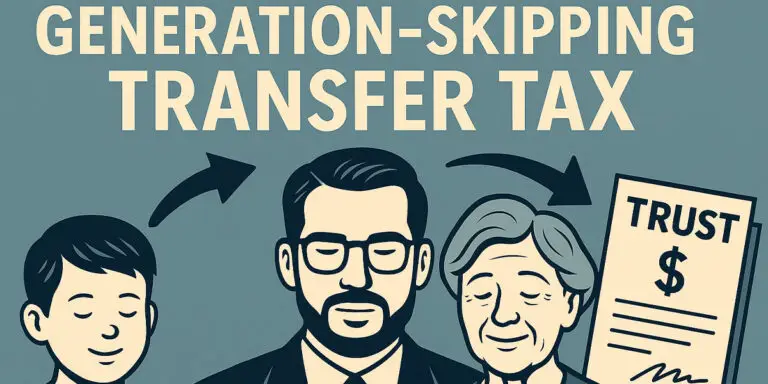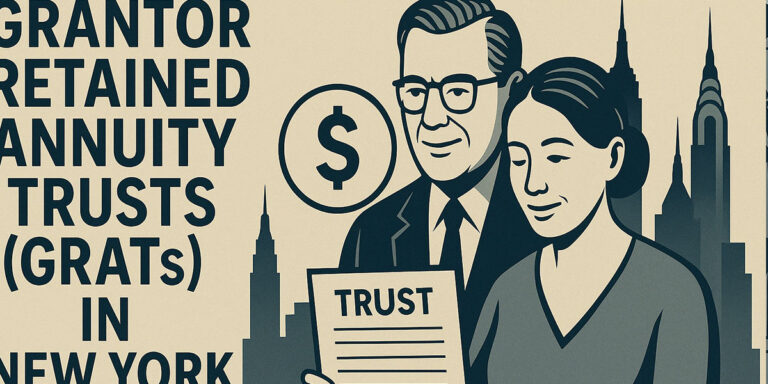
Generation-Skipping Transfer Tax (GSTT) Planning in New York
Generation-Skipping Transfer Tax (GSTT) Planning in New York: Avoiding Double Taxation and Preserving Wealth for Future Generations For high-net-worth individuals in New York, minimizing estate






























